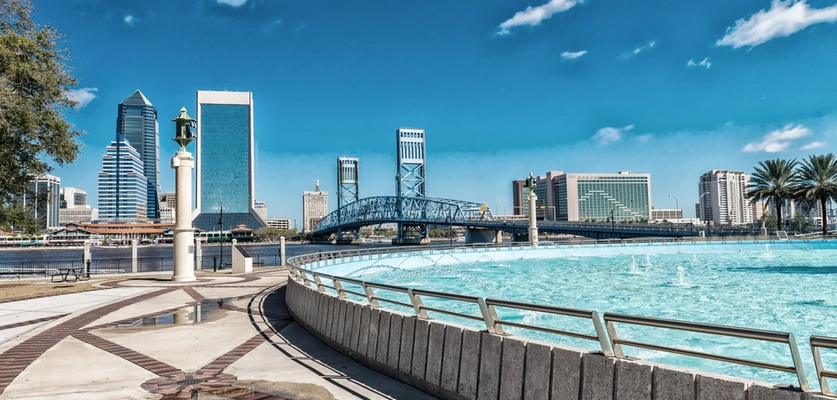
If a hauler is to invest $25k + for a compartmentalized truck and if a recycling center is to be set up for $1.5M+ they need to be used.
The more folks on a collection route that recycle, the lower the cost per stop. This is especially true in rural areas in Florida that may have only 7 or 8 stops per mile as opposed to hundreds in the city.
Also to save precious landfill space, there may need to be a subsidy to offset the costs associated with recycling. This is market rational, not just Eco-friendly, when the avoided costs of land filling are considered.
Wouldn’t it make sense to just pass along that reduced cost to the consumers?
If it cost you $5 for each bag of mixed garbage to be hauled away, and $3 for each bag of separated recyclables to be hauled away, which would you choose?
Also, people could see why recycling can make sense, because they are saving their own money when they do it, rather than just complying (or not) with the new regulations. Most people these days look for recycling bins before throwing bottles, cans, etc. If the option to recycle is available, most people will take it, the money saved is just icing on the cake.
Florida Recycling
In rural parts of North eastern Florida, only a few of the local haulers offer recycling, such as the Orange Park waste haulers.
At this point for many of the haulers it is cheaper to collect only mixed trash @$2 a bag than to offer recycling. Consequently we’d guess about 15% of the total solid waste is being recycled. This includes commercial and bottle returns for deposit.
We need to get to about 30% by 2,000. To get the haulers to initiate recycling we have to assure them that the system will be used. By the way “we” refers to the local solid waste district. It will be much more expensive to collect recyclables. Either dual purpose trucks will have to be purchased or 2 runs will need to be made. And you can’t compress recyclables like you can mixed garbage.
What makes recycling viable is that rather than pay to unload the collected materials, the haulers may be able to get paid for it, reducing pollution in Florida in the process.
So it may cost $50 to collect a ton of trash and $120 to collect a ton of recyclables. But it cost $70 to dump the trash and they may get paid $20 for the ton of recyclables. Net of $120 for trash and $100 for recyclables.
How does recycling help waste management
Well without mandatory recycling, say 30% of customers don’t recycle. That raises the cost of collection of recyclables to say $160 per ton. Same mileage and almost same time for a run, but yield 30% less. By the way the figures we are using are our best guestimates without doing some serious calculations. These have been done in the past, we just don’t have them at our fingertips.
John Tierney’s Times article relied on sophistry to put across its message, replete with distortion and innuendo and rife with omissions. So sloppy was the reporting that by all rights the article should be ignored rather than dignified with a response.
Yet the truth must be defended, dignity be damned. Here, then, to get beyond the Times’ smoke screen, Rethink Paper responds to The New York Times’ untruths, skewed facts, unfounded assertions, and other distortions.
If overflowing landfills were the only environmental concern, Tierney’s argument might begin to make sense. Yet recycling addresses a host of environmental problems that Tierney ignored, including, for instance, the loss of forests–wild ecosystems, not tree-farms–logged to supply pulp for virgin-wood paper. Today almost half of all trees cut end up as paper, and the percentage is increasing.